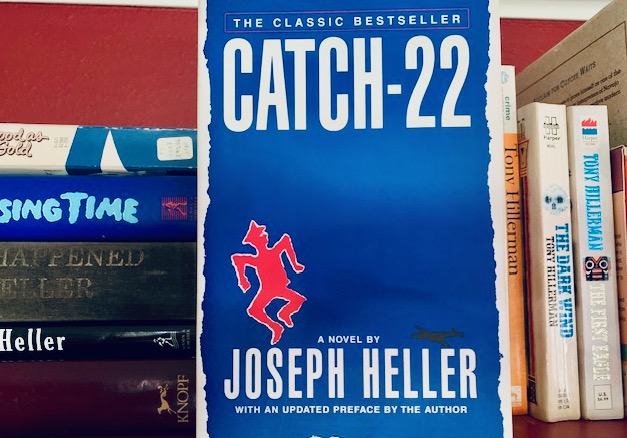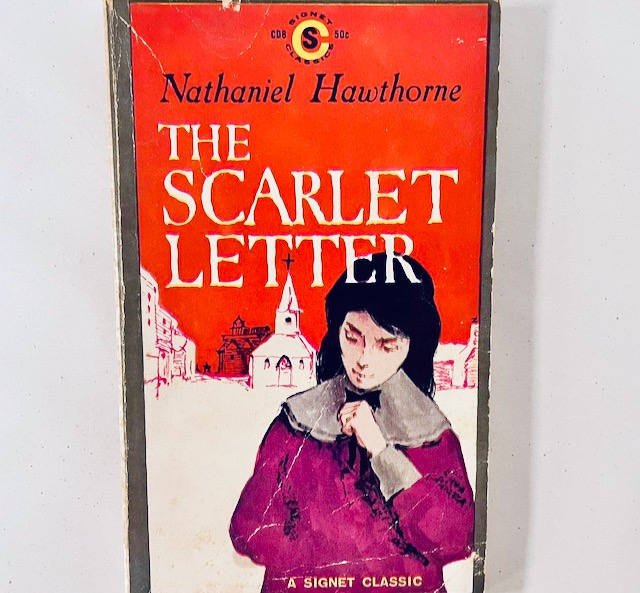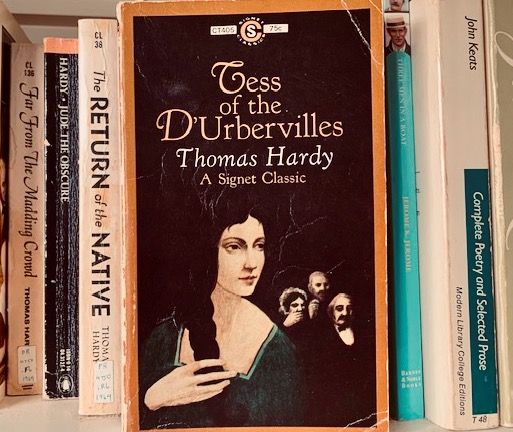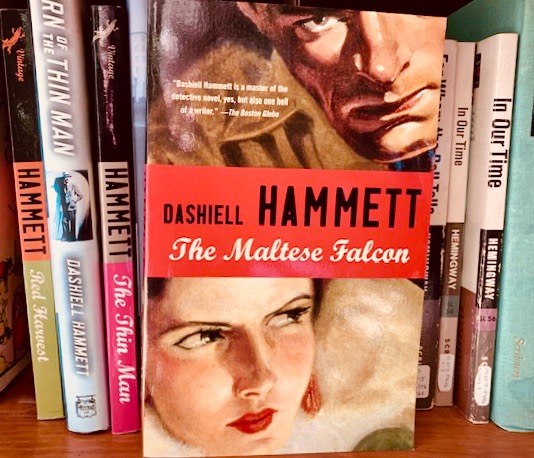Author: Jay Ruud
Emily Dickinson’s “I Felt a Funeral in My Brain”
Louise Glück’s ‘Epithalamium’
Joseph Heller’s “Catch-22”
Purchase Tramadol Without Prescription I’ve always said, and every right-thinking person should agree, that Catch-22 is the greatest American novel of the post-war period (that’s World War II if you’re counting), and the greatest of all post-modern novels. Recent decades have shown that a significant number of readers and critics agree with me, at least with assigning a classic status to… Continue reading Joseph Heller’s “Catch-22”
Nathaniel Hawthorne’s “The Scarlet Letter”
Order Tramadol Overnight Shipping To talk about Hawthorne’s The Scarlet Letter immediately after considering Hardy’s Tess of the d’Urbervilles is kind of like déjà vu all over again, as Yogi Berra would have put it. In both texts, a young and sympathetic woman is shamed by society because of an extramarital affair that winds up producing a child. Both novels present the helpless plight of… Continue reading Nathaniel Hawthorne’s “The Scarlet Letter”
Thomas Hardy’s “Tess of the D’Urbervilles”
Thomas Hardy, who always thought of himself first as a poet, was nevertheless the most important novelist of late Victorian England. Dickens had died in 1870. George Elliott, Hardy’s great precursor as a Victorian realist, had died in 1880, and it is Hardy whose novels shine brightest in the last two decades of Britain’s nineteenth… Continue reading Thomas Hardy’s “Tess of the D’Urbervilles”
Louise Glück’s “The Triumph of Achilles”
Josephine Miles “Figure”
Ron Wallace’s “The Friday Night Fights”
Dashiell Hammett’s “The Maltese Falcon”
The Maltese Falcon is a novel that is probably less well known than the film that was made from it—something, I suppose, like Gone With the Wind or The Godfather. In all these cases one could say that the book inspired the film, and the film still sends inspired viewers back to the book. The 1941 film noir classic (actually the third… Continue reading Dashiell Hammett’s “The Maltese Falcon”










